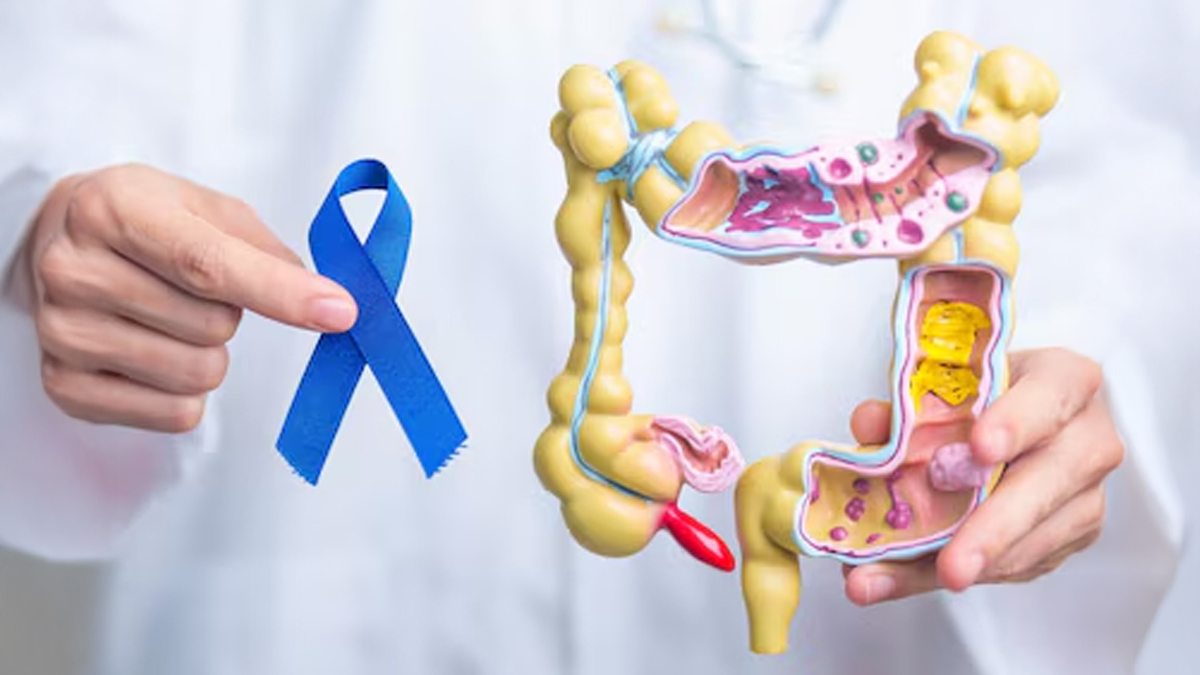-1744024284830.png)
Jay North, the child actor who brought Dennis Mitchell to life in the beloved sitcom ‘Dennis the Menace’, passed away at the age of 73. He lost his life to colorectal cancer after a prolonged battle that he was suffering from for several years. The announcement of the death was shared by his close friend and writer Laurie Jacobson. With the role, the actor quickly gained attraction because of his charm and innocence as Dennis. His portrayal captivated the audiences during the show’s run from 1959 to 1963. However, his tough battle with colorectal cancer came to an end as his death highlights a growing health crisis.
Table of Content:-
Jay North’s Cancer Diagnosis
#RIP actor Jay North who passed away today at the age of 73. North was best known for his role as the title character in the 1959-1963 TV adaptation of the comic strip DENNIS THE MENACE. He later enlisted in the U.S. Navy and served aboard USS Iwo Jima and USS Dixie. pic.twitter.com/o8JAvKRuPo
— U.S. Naval Institute (@NavalInstitute) April 6, 2025
In 2021, the actor was diagnosed with Stage III colorectal cancer after experiencing persistent stomach pain and fatigue. He underwent surgery and chemotherapy, but the cancer returned in 2023. His family shared that he kept his diagnosis private, focusing on spending time with loved ones.
The World Health Organization (WHO) says colorectal cancer is now the third most common cancer in the world. It causes about 10% of all cancer cases globally. Shockingly, it’s also the second biggest cause of cancer deaths worldwide.
ALSO READ: Sian Barbara Allen Dies at 78 From Alzheimer's Disease: Warning Signs and Prevention Tips
What Is Colorectal Cancer?

Explaining the situation in India, Dr Lakshan Kashyap, Cancer Specialist, Manipal Hospital, Pune, explains colorectal cancer ranks among the top 10 most common cancers. He further shares that men face a slightly higher risk (5.3 cases per 100,000 people) compared to women (4.3 cases per 100,000 people).
This cancer starts when cells in the colon (large intestine) or rectum grow out of control. Often, it begins as small polyps (non-cancerous growths) that slowly turn cancerous over time.
Warning Signs of Colorectal Cancer You Should Never Ignore
Early-stage colorectal cancer may show no symptoms, but watch for:
- Bowel habit changes (diarrhoea, constipation, or inconsistent stool patterns)
- Blood in the stool (bright red or very dark)
- Unexplained weight loss (without diet or exercise changes)
- Low haemoglobin (anaemia) causing extreme tiredness or dizziness
- Persistent stomach pain or cramps that don’t go away
Colorectal Cancer Preventive Measures
-1744024699610.jpg)
Dr Kashyap further adds that regular screening is the best way to catch colorectal cancer early. Here's what you need to know:
When Should You Get Screened?
- The US Preventive Services Task Force recommends testing for adults aged 45 to 75.
- If you have a family history of colon cancer, you may need to start even earlier.
Screening Tests Available
Doctors use different tests to find polyps or cancer:
- Stool Tests (FOBT/FIT) – Checks for hidden blood in the stool. Do this once a year.
- Flexible Sigmoidoscopy – A thin tube examines the lower colon. Repeat every 5 years.
- Colonoscopy – The most thorough test for the entire colon. Needed every 10 years.
- Virtual Colonoscopy (CT Scan) – Uses X-rays to see the colon. Done every 5 years.
Easy Ways to Lower Your Risk
- The expert also suggests easy ways that lower the risks of colorectal cancer.
- Eat more fruits and veggies as fibre helps keep your colon healthy.
- Avoiding processed meats like bacon, sausages, and deli meats increases cancer risk.
- Quit smoking as tobacco harms your whole body, including your colon.
- Limit alcohol because heavy drinking raises your chances of getting cancer.
- Stay active as just 30 minutes of walking daily can make a big difference.
ALSO READ: John Cena Opens Up About Skin Cancer Diagnosis: Why Sun Protection Matters
Conclusion
Colorectal cancer is one of the leading causes of cancer-related deaths worldwide but is often preventable through early detection and lifestyle changes. Jay North’s battle serves as a reminder of the importance of regular screenings and awareness about this disease. However, one must always follow a healthy lifestyle in order to prevent colorectal cancer.
Also watch this video
Read Next
Second Child Dies Amid Measles Outbreak In Texas As Cases Near 500 | Here's What You Should Know!
How we keep this article up to date:
We work with experts and keep a close eye on the latest in health and wellness. Whenever there is a new research or helpful information, we update our articles with accurate and useful advice.
Current Version